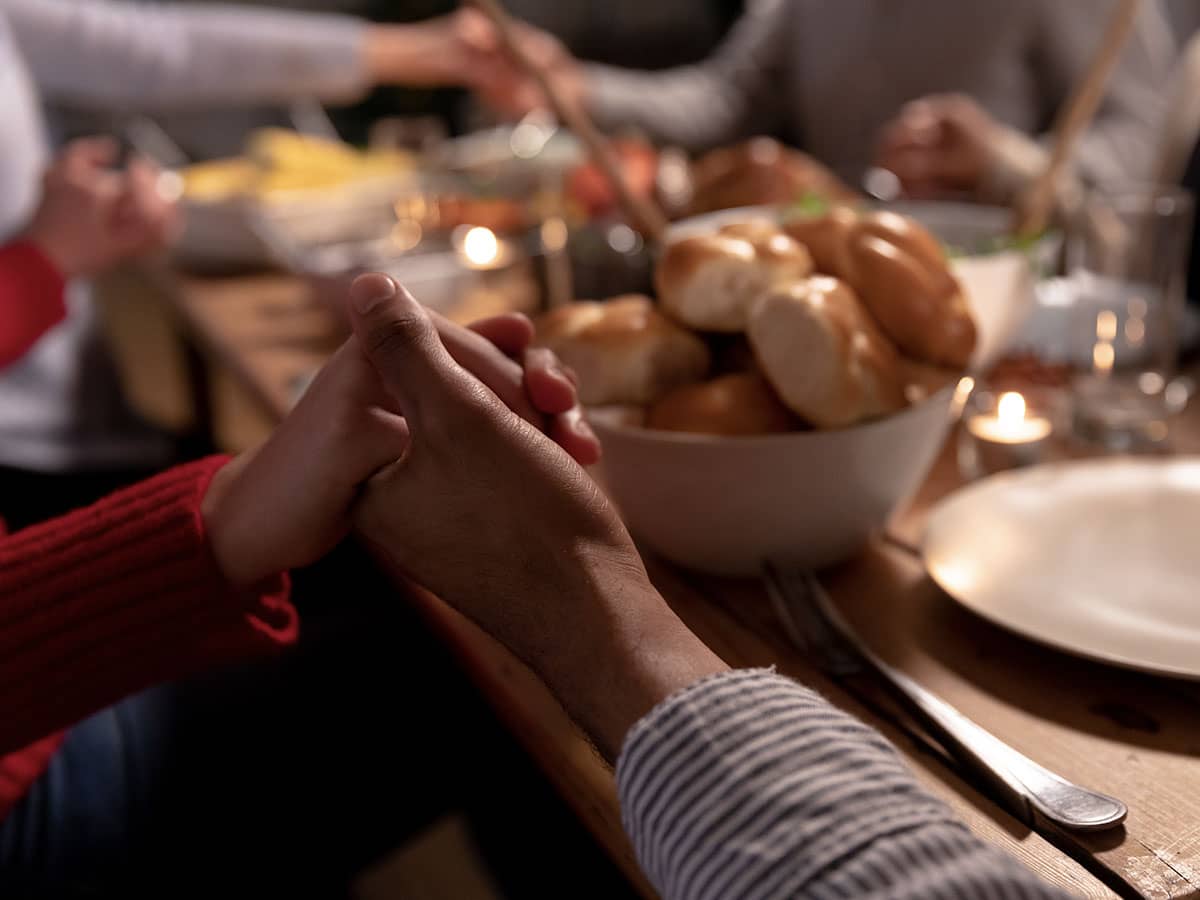Allen is, at age 8, an old hand at this multi-cultural season. For years now, he has had friends who celebrate Hanukkah and Christmas, Kwanzaa and Devali, the Hindu festival of lights. Recently though, he was stumped by Ramadan, the month of fasting, prayer and sacrifice meant to bring the devout closer to God. It is a less festive time than the other holidays he's come to know, and he was intrigued by the fact that devout Muslims observing Ramadan were willing to forego food all day. "Mommy, did you know that the people can't even eat?" he informed me authoritatively. "They have to wait `til it's night."
I love the ways in which I do not have to work at making my children's lives diverse. Their familiarity with varied religious beliefs and traditions is the welcome byproduct of living in a community in which difference is largely good. There are moments when it seems like we're all engaged in a contrived ritual of inclusion for the 21st century, but I realize that it's just my old acculturation at work. The community in which I was raised was woefully monolithic: We were mostly black and mostly poor and either Catholic or Sanctified. We were polite in the face of differences, but our exposure was limited.
My world, however, is not the world of my sons.
Though the minister in me is pleased with this broader view, the mother in me cannot help but wonder whether our faith in all its complexity may be frustrating to our children-perhaps even to us. Unlike my husband, who grew up in a Unitarian Universalist home, I was raised in a far more traditional religious community of African-American Roman Catholics. And though it's true that my milieu was the Catholic social activism of 1960's Chicago, my day-to-day girl's life had a lot more to do with weekly confessions, holy water, First Fridays dedicated to Mary, and the rosary. Most of all, there was the absolute certainty so important to a child. I knew there was only one God, one Church, and one True Faith. But by eight or nine, when I had started to think more about matters of faith, doctrine by doctrine went up for grabs.
My children are just beginning to learn that there are many different ways to think of or imagine God, though I do worry that all those different ways involve candy or the giving of serial gifts.
In the name of that man, whose birthday is one of our many celebrations in this season of light, many other people had to forego the free practice of their religious traditions. It's hard to believe that the joyous birth of a baby in a manger would be the focal point for some of our worst moments as a country founded on the principle of the free exercise of religion.
As they grow older, my boys will attend synagogues and mosques, learn more about Wiccan rituals than their grandparents will want them to know, return to Grandma's Pentecostal storefront where Allen says the music is "less boring" than the sedate offerings at their home congregation. Their respect for the divine presence outside the traditional Christian congregation is something important for Bob and me to nurture in them. We want them to recognize and honor reverence and joy; we want them to acknowledge, as others do, the sense of life that is larger than their own immediate concern. We want them to avoid the arrogant idea that there is only one right way to know God.
At this sacred time of year, my sons' multi-theological embrace reminds us grown-ups, too, that there is a God "big" enough to hold us all.

